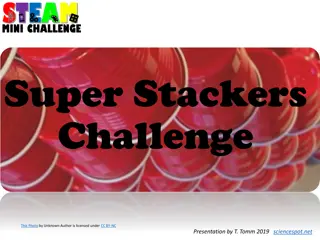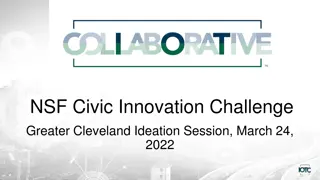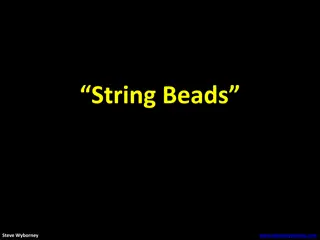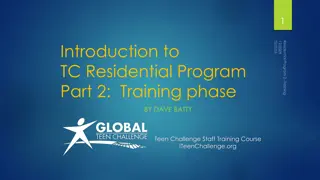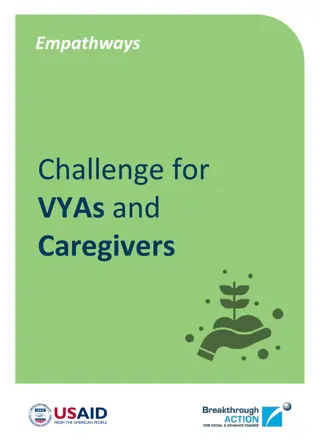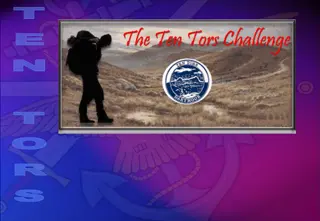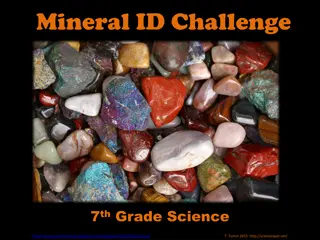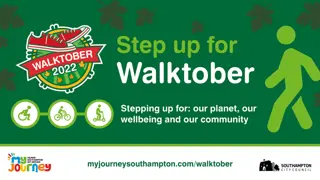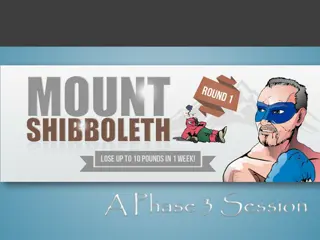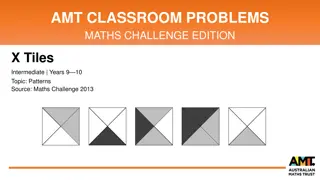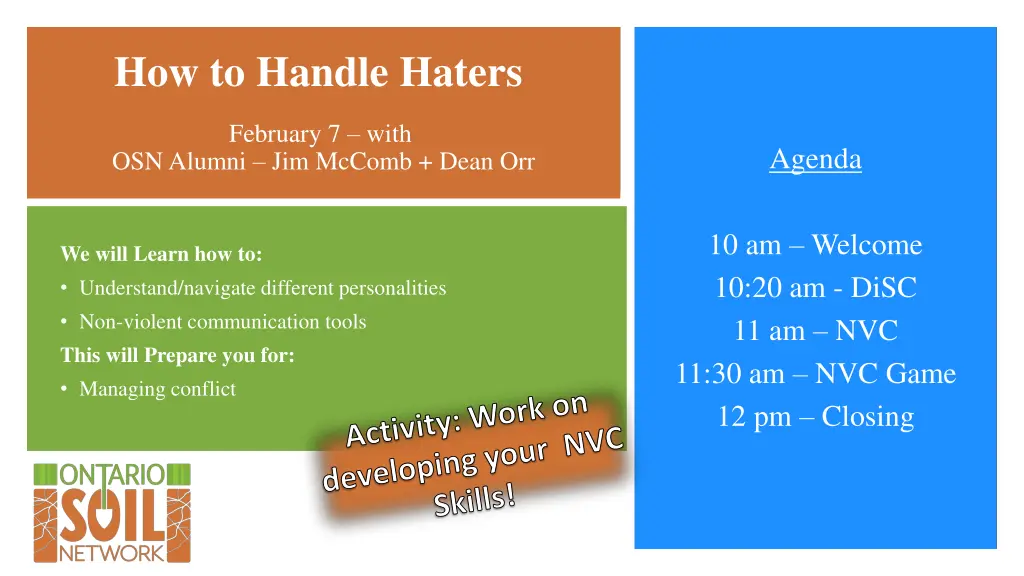
Effective Communication for Handling Difficult Situations
Enhance your communication skills to handle challenging scenarios effectively. Learn to navigate different personalities, communicate with confidence, clarity, and respect. Develop Non-Violent Communication (NVC) skills to manage conflicts and avoid misunderstandings. Get insights on dealing with misquotations professionally. Join the workshop on February 7 for practical strategies and interactive activities.
Download Presentation

Please find below an Image/Link to download the presentation.
The content on the website is provided AS IS for your information and personal use only. It may not be sold, licensed, or shared on other websites without obtaining consent from the author. If you encounter any issues during the download, it is possible that the publisher has removed the file from their server.
You are allowed to download the files provided on this website for personal or commercial use, subject to the condition that they are used lawfully. All files are the property of their respective owners.
The content on the website is provided AS IS for your information and personal use only. It may not be sold, licensed, or shared on other websites without obtaining consent from the author.
E N D
Presentation Transcript
How to Handle Haters February 7 with Agenda OSN Alumni Jim McComb + Dean Orr 10 am Welcome 10:20 am - DiSC 11 am NVC 11:30 am NVC Game 12 pm Closing We will Learn how to: Understand/navigate different personalities Non-violent communication tools This will Prepare you for: Managing conflict Activity: Work on developing your NVC Skills!
D personalities tend to be confident and place an emphasis on accomplishing bottom-line results. I personalities tend to be more open and place an emphasis on relationships and influencing or persuading others. S personalities tend to be dependable and place the emphasis on cooperation and sincerity. C personalities tend to place the emphasis on quality, accuracy, expertise, and competency.
Communication Styles Communication Styles Communicating with a D personality Communicating with an I personality Share your experiences. Give them the bottom line. Allow them time to ask questions and talk. Be brief and speak up. Focus your discussion narrowly. Focus on the positives. Avoid generalizations. Avoid overloading them with details. Refrain from repeating yourself. Focus on solutions rather than problems. Don t interrupt them. Show respect for their spontaneity, high energy, and optimism.
Communication Styles Communication Styles Communicating with an S personality Comminating with a C personality Focus on facts and details. Be personal and amiable. Express your interest in them. Let them know what you expect from them. Take time to provide clarification. Be polite. Avoid being confrontational or too aggressive. Minimize pep talk or emotional language. Be patient, persistent, and diplomatic. Respect their preference to work independently. Don t be put off by their more detachedapproach. Allow time to get to know each other better to avoid misunderstanding.
Scenario 1 Scenario 1 You are at a farm event speaking about cover crops and a reporter is in attendance taking notes to write an article for the local farm publication. They listened and took notes during your presentation. A week later a neighbor comes up to you, they are upset with you, they completely disagree with what they read about our event, and they can t believe you would say something like that. They show you the article and you realize you have been severely misquoted. A) How do you handle the conversation with your angry neighbour? B) How do you approach the conversation with the reporter who misquoted you?
Non Non- -Violent Violent Communicaiton Communicaiton When I ___(observe/see/hear) ______, I feel ____ (emotions/feelings list) _____, because I need ____(needs)___. Would you be willing to ___(request)____?
Scenario 2 Scenario 2 You go to a coffee shop with one of your friends, grab a coffee, sit down and start to share with them that you are going to start no-tilling. Suddenly you hear another farmer at a different table scoff and says, "you're crazy if you think that will work there is no way to get a good yield around here if you aren't ploughing." How can you respond to this person s comment using your NVC skills?
Scenario 3 Scenario 3 You are hosting an on-farm event with over 40 people. You are facilitating a conversation with a producer. When you open the floor for questions one of the participants speaks up and speaks up and disagrees with you and blames you for their own level of discomfort. How can you respond to this person s comment using your NVC skills? This Photo by Unknown author is licensed under CC BY-NC.
Non Non- -Violent Violent Communicaiton Communicaiton When I ___(observe/see/hear) ______, I feel ____ (emotions/feelings list) _____, because I need ____(needs)___. Would you be willing to ___(request)____?
How was working through this exercise for you? What were some of the biggest challenges in apply this method? What are some of the biggest lessons you will take away? In what ways can you see yourself applying this in your life? Debrief




